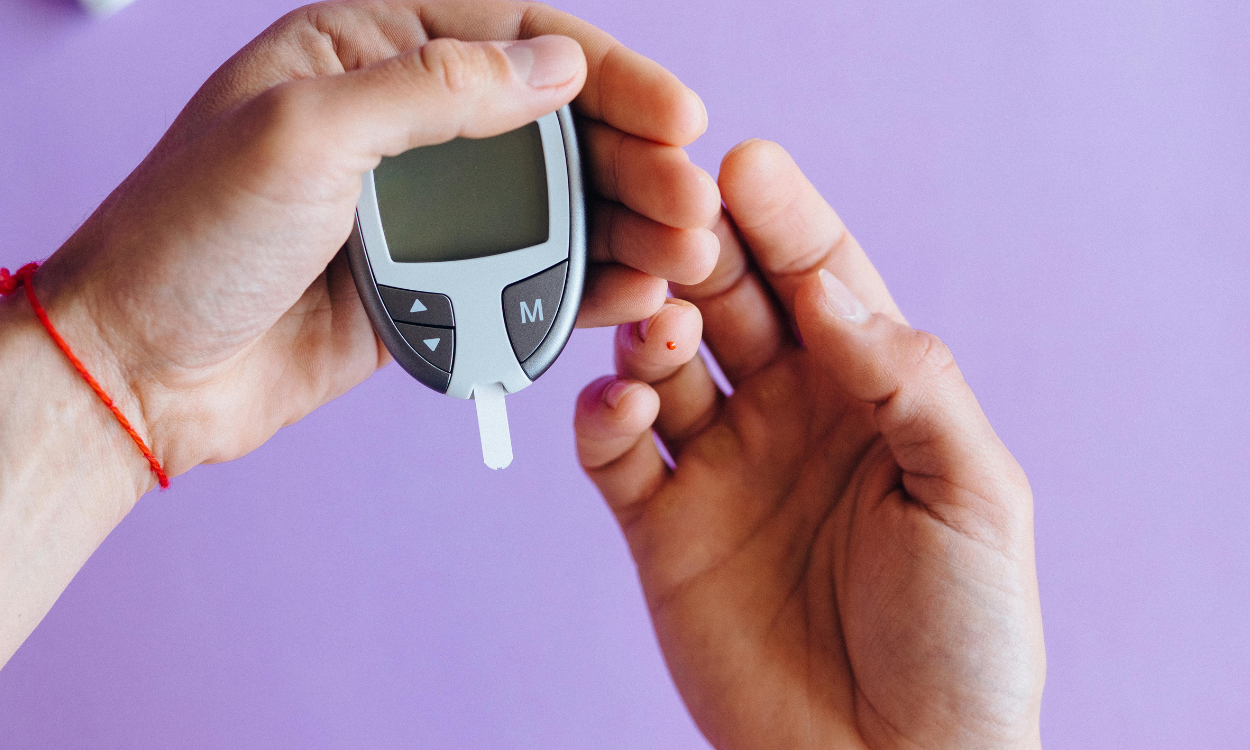Navigating Kidney Issues: What You Need to Know
Kidney issues are a growing concern worldwide, affecting millions of people each year. Your kidneys are essential organs that filter waste and excess fluids from your blood, maintaining a delicate balance of electrolytes in your body. However, when these vital organs are compromised, it can lead to a range of health complications. In this article, we’ll explore the various aspects of navigating kidney issues, helping you understand what you need to know to protect your kidney health and manage any existing conditions effectively.
Table of Contents
Understanding Kidney Function and the Importance of Kidney Health
Before delving into the specifics of navigating kidney issues, it’s crucial to understand the basic functions of your kidneys. The kidneys are responsible for filtering out toxins and waste products from your bloodstream, which are then excreted in the urine. Additionally, they regulate blood pressure, balance electrolyte levels, and produce hormones that help in the production of red blood cells.
When your kidneys are not functioning properly, waste products and fluids can build up in your body, leading to various symptoms such as fatigue, swelling, shortness of breath, and more serious complications like cardiovascular disease. Therefore, maintaining kidney health is vital for your overall well-being.

Common Kidney Issues
Navigating kidney issues requires an understanding of the common conditions that can affect these organs. Some of the most prevalent kidney issues include:
- Chronic Kidney Disease (CKD): CKD is a long-term condition where the kidneys gradually lose their ability to function properly. It is often caused by diabetes, high blood pressure, and other underlying health conditions. CKD is a progressive disease, and if left untreated, it can lead to kidney failure.
- Acute Kidney Injury (AKI): Unlike CKD, AKI is a sudden and severe condition where the kidneys stop functioning correctly. It can result from a variety of factors such as severe dehydration, infections, certain medications, or traumatic injuries. AKI requires immediate medical attention as it can be life-threatening.
- Kidney Stones: Kidney stones are hard mineral deposits that form in the kidneys and can cause intense pain when passing through the urinary tract. They can develop due to dehydration, dietary factors, or genetic predispositions. Proper hydration and dietary changes can help prevent kidney stones.
- Polycystic Kidney Disease (PKD): PKD is a genetic disorder characterized by the growth of numerous cysts in the kidneys. Over time, these cysts can lead to enlarged kidneys and impair their function. While there is no cure for PKD, early detection and management can slow the progression of the disease.
- Urinary Tract Infections (UTIs): UTIs can affect any part of the urinary system, including the kidneys. When a UTI reaches the kidneys, it can cause a more serious condition called pyelonephritis. Prompt treatment of UTIs is crucial to prevent kidney damage.
Signs and Symptoms to Watch For
Recognizing the signs and symptoms of kidney issues is essential for early intervention and effective management. Some common symptoms to be aware of include:
- Fatigue and Weakness: Persistent tiredness and a general feeling of weakness can be early signs of kidney issues.
- Swelling: Swelling in the legs, ankles, or face may indicate that your kidneys are not filtering out excess fluid properly.
- Changes in Urination: This can include increased or decreased urination, dark or foamy urine, or blood in the urine.
- Shortness of Breath: If your kidneys are not functioning well, fluid can build up in your lungs, leading to difficulty breathing.
- High Blood Pressure: Since the kidneys play a role in regulating blood pressure, any dysfunction can result in elevated blood pressure levels.
If you experience any of these symptoms, it’s important to seek medical advice to determine if you are navigating kidney issues that require treatment.
Diagnosing Kidney Issues
When navigating kidney issues, accurate diagnosis is key to managing and treating the condition effectively. Doctors typically use a combination of methods to diagnose kidney problems, including:
- Blood Tests: Blood tests, such as serum creatinine and blood urea nitrogen (BUN), are commonly used to assess kidney function. Elevated levels of these markers can indicate impaired kidney function.
- Urine Tests: A urinalysis can reveal abnormalities in your urine that may suggest kidney issues. For example, the presence of protein or blood in the urine can be a sign of kidney disease.
- Imaging Tests: Imaging studies like ultrasounds, CT scans, or MRIs provide detailed pictures of the kidneys, helping doctors identify any structural abnormalities or blockages.
- Biopsy: In some cases, a kidney biopsy may be performed, where a small sample of kidney tissue is taken for examination under a microscope. This can help determine the exact cause of kidney issues.
Managing and Treating Kidney Issues
Navigating kidney issues involves not only understanding the condition but also taking proactive steps to manage and treat it. The treatment plan will depend on the specific kidney issue you are dealing with and its severity. Some general strategies for managing kidney issues include:
- Medications: Depending on the kidney issue, your doctor may prescribe medications to control blood pressure, manage blood sugar levels, reduce cholesterol, and address any underlying conditions contributing to kidney dysfunction.
- Dietary Changes: A kidney-friendly diet is crucial for managing kidney issues. This may include limiting salt, potassium, and phosphorus intake, reducing protein consumption, and staying hydrated. Working with a dietitian can help you develop a personalized meal plan that supports kidney health.
- Lifestyle Modifications: Regular exercise, maintaining a healthy weight, and avoiding smoking and excessive alcohol consumption can help protect your kidneys and improve overall health.
- Monitoring and Regular Check-ups: Regular monitoring of kidney function through blood and urine tests is essential for those navigating kidney issues. This helps track the progression of the condition and adjust treatment as needed.
- Dialysis and Transplant: In cases of severe kidney failure, dialysis or a kidney transplant may be necessary. Dialysis is a treatment that performs the function of the kidneys by filtering and purifying the blood. A kidney transplant involves replacing a diseased kidney with a healthy one from a donor.
Preventing Kidney Issues
Prevention is always better than cure, and there are steps you can take to reduce your risk of developing kidney issues. Here are some tips for maintaining kidney health:
- Stay Hydrated: Drinking plenty of water helps your kidneys function properly and prevents kidney stones.
- Manage Chronic Conditions: If you have diabetes, high blood pressure, or other chronic conditions, keep them well-controlled to reduce the risk of kidney damage.
- Eat a Balanced Diet: A diet low in salt and processed foods, and rich in fruits, vegetables, and whole grains can support kidney health.
- Avoid Overuse of Painkillers: Excessive use of non-steroidal anti-inflammatory drugs (NSAIDs) can harm your kidneys. Use them only as directed by a healthcare professional.
- Regular Exercise: Physical activity helps maintain a healthy weight and reduces the risk of conditions that can lead to kidney problems.
Conclusion
Navigating kidney issues can be challenging, but with the right knowledge and proactive measures, you can protect your kidney health and manage any existing conditions effectively. Remember to pay attention to the signs and symptoms, seek medical advice when necessary, and make lifestyle changes that support your kidneys. By taking these steps, you can ensure that your kidneys continue to function optimally, contributing to your overall health and well-being.
4o





